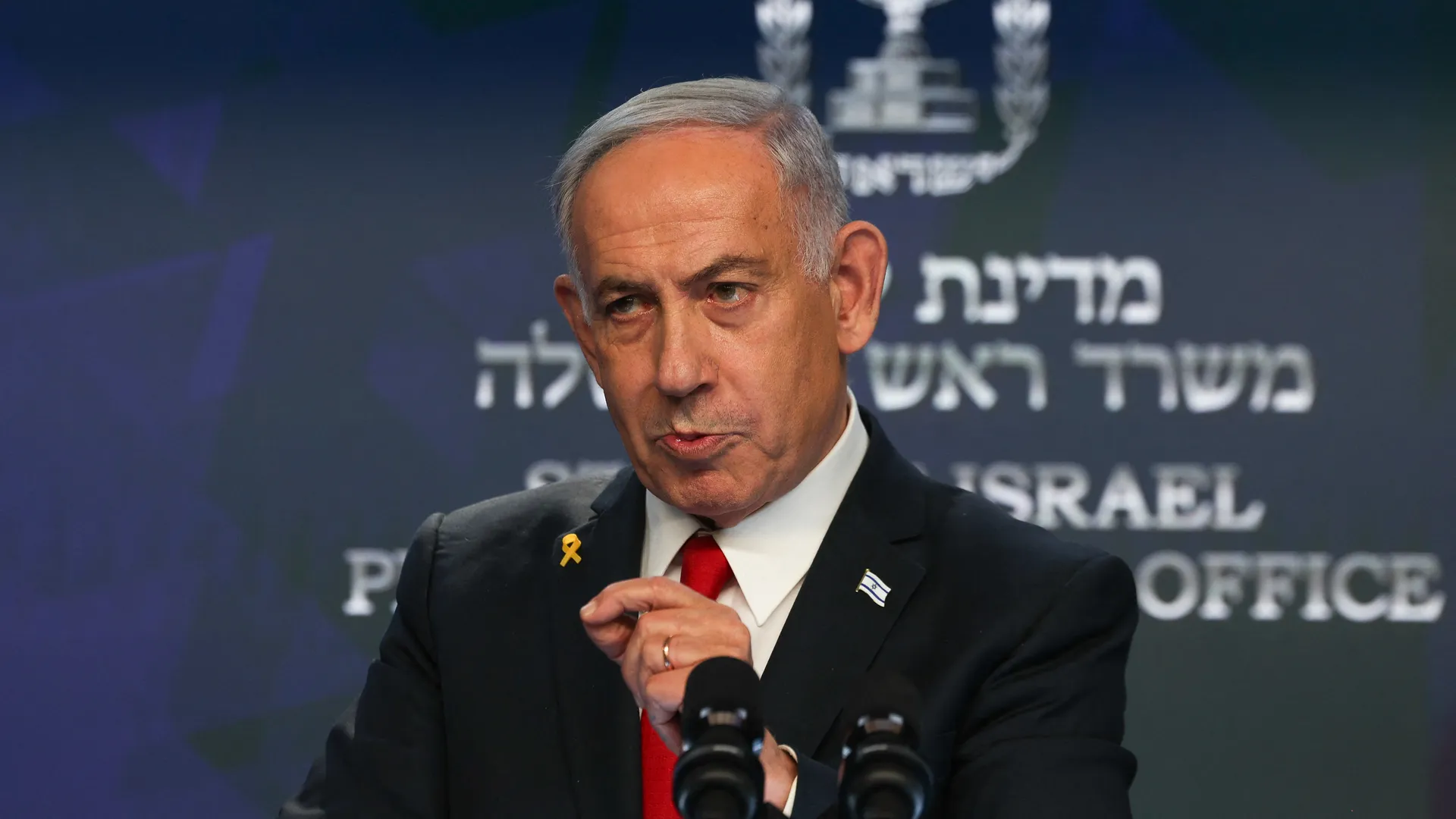
Israel has turned down Hamas’ suggested modifications to the most recent hostage and ceasefire agreement concerning Gaza. However, Prime Minister Benjamin Netanyahu’s office announced on Saturday that negotiators will travel to Qatar on Sunday to attempt to bridge the remaining gaps.
Why it matters: Despite significant obstacles still in place, the revival of indirect discussions in Qatar represents a crucial advancement towards a possible ceasefire between Israel and Hamas.
The two sides have not participated in negotiations since the last round of discussions failed six weeks ago.
Driving the news: President Trump has been urging both Israel and Hamas — via Qatari and Egyptian intermediaries — to reach an agreement that encompasses a 60-day ceasefire in Gaza along with the release of 10 living hostages and 18 deceased individuals.
He is seeking to witness some progress by Monday, when he intends to meet with Netanyahu at the White House. Trump expressed to reporters aboard Air Force One on Friday night that he is “very optimistic” regarding the likelihood of securing a deal next week.
What they’re saying: “The modifications that Hamas seeks to implement in the Qatari proposal are unacceptable,” stated the Israeli prime minister’s office in an official announcement.
Nevertheless, Netanyahu has accepted Qatar’s invitation for “proximity talks” with Hamas. The announcement indicated that the Israeli negotiation team will depart for Doha on Sunday, underscoring that the discussions will be “based on the Qatari proposal that Israel has consented to.”
Catch up quick: Hamas declared on Friday that its reaction to the proposed ceasefire and hostage agreement “can be characterized as positive” and that the Palestinian militant organization is prepared to initiate implementation discussions.
However, Hamas also presented three reservations to Qatari mediators that it wishes to address in indirect negotiations with Israel and the U.S. Once the ceasefire is established, Hamas requests that the UN regain control over the distribution of humanitarian aid in Gaza. It has insisted that the Israel and U.S.-supported Gaza Humanitarian Fund no longer be involved in the aid distribution process.
Hamas further demands that the IDF withdraw to the positions it occupied prior to the collapse of the March ceasefire. Israel has dismissed these requests.





















